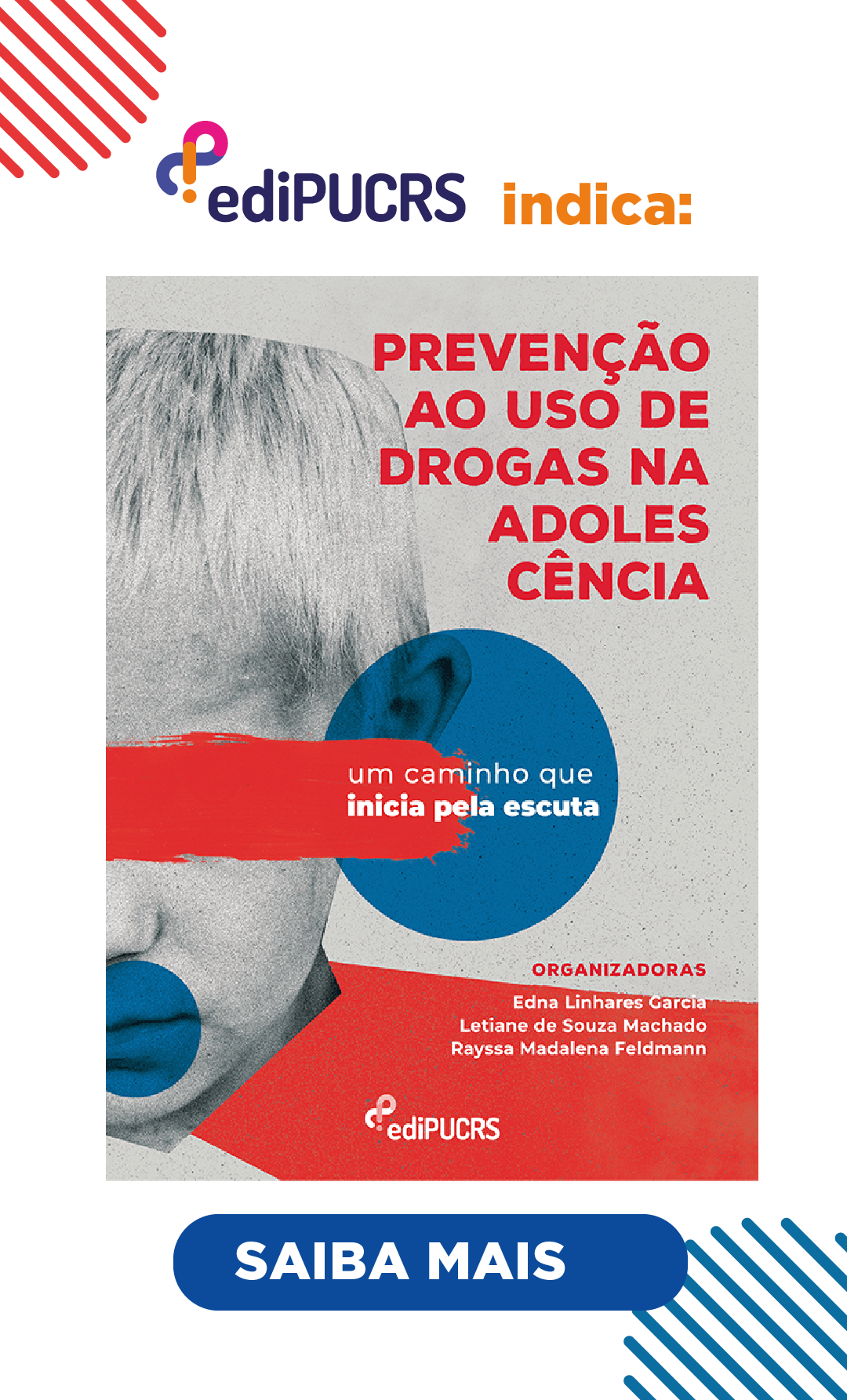Popular participation in Brazil: an analysis of the plebiscite, referendum, popular initiative, recall and popular veto
DOI:
https://doi.org/10.15448/2178-5694.2020.1.35482Keywords:
Social Control, Democracy, Popular participation, CitizenshipAbstract
This paper aims to demonstrate the level of Popular participation in the Brazilian case, in respect to the plebiscite instruments, references, popular initiatives, recall and popular veto, from the perspective of Sherry Arnstein’s theory. It assumes the importance of binding participatory management practices, where it is possible to verify in a solid way the popular participation. In methodological terms, content analysis was performed, based on the instruments of participation. Subsequently, it was investigated in which levels of the participation scale the instruments fit in. The results demonstrate a democratic deficit, considering that the present instruments do not fit in the upper level of the participation scale. It is concluded that Popular Participation can still go through several advances, both on the part of Civil Society and on the part of the State, in the sense of regulamentation of more practical practices of social control and ambitious in the point of view of Popular Participation.
Downloads
References
Arnstein, Sherry R. 2002. Uma escada da participação cidadã. Acesso Junho 14, 2018. http://disciplinas.stoa.usp.br/pluginfile.php/8464/mod_resource/content/1/escada_de_participacao.pdf.
Brasil. 1988. Constituição da República Federativa do Brasil. Brasília. Acesso Junho 19, 2018. http://www.planalto.gov.br/ccivil_03/constituicao/constituicao-compilado.htm.
Brasil. 1998. Lei nº 9.709, de 18 de novembro de 1998. Lei da soberania popular. Brasília. Acesso Junho 19, 2018. http://www.planalto.gov.br/ccivil_03/leis/l9709.htm.
Brasil, Presidência da República. 1995. Plano Diretor da Reforma do Aparelho do Estado. Brasília: Presidência da República, Câmara da Reforma do Estado, Ministério da Administração Federal e Reforma do Estado, 1995.
Dagnino, Evelina. 2004. “Construção democrática, ne-oliberalismo e participação: os dilemas da confluência perversa”. Política & Sociedade - Revista de Sociologia Política. Florianópolis, v. 1(5): 137-161.
Dahl, Robert A. 2001. Sobre a democracia. Tradução de Bcatriz Sidou. Brasília: Editora Universidade de Brasília.
Dasso Junior, A. E. 2017. O Veto Popular na América Latina. Trabalho preparado para apresentação no 9º Congresso Latinoamericano de Ciência Política, orga-nizado pela Associação Latino-americana de Ciência Política (ALACIP). Montevideo, 26 a 28 de julho de 2017.
Losurdo, Domenico. 2004. Democracia ou Bonapar-tidarismo: triunfo e decadência do sufrágio universal.Tradução de Luiz Sérgio Henriques. Rio de Janeiro: Editora UFRJ / Editora UNESP.
Luxemburgo, Rosa. 1991. A revolução russa. Introdução, tradução e notas de rodapé de Isabel Maria Loureiro. Petrópolis, RJ: Vozes.
Martins, Carlos Estevam. 2003. Liberalismo: o di-reito e o avesso. DADOS – Revista de Ciências So-ciais, 46(4): 619-660. https://doi.org/10.1590/S0011-52582003000400001
Pateman, Carole. 1992. Participação e teoria democrá-tica. Rio de Janeiro: Paz e Terra.
Richard, Lionel. 1988. A República de Weimar (1919-1933).São Paulo: Cia das Letras.
Honorato, Carlos e Thais Recoba Campodonico. 2017. O Recall político na América Latina. Trabalho preparado para apresentação no 9º Congresso Latinoamericano de Ciência Política, organizado pela Associação Latino--americana de Ciência Política (ALACIP). Montevideo, 26 a 28 de julho de 2017.
Tocqueville, Alexis de. 2005. A democracia na América: leis e costumes de certas leis e certos costumes políticos que foram naturalmente sugeridos aos americanos por seu estado social democrático. Tradução de Eduardo Brandão; Prefácio, bibliografia e cronologia de François Furet. 2 ed. São Paulo: Martins Fontes.
Wood, Ellen Meiksins. 2003. “O demos versus “nós, o povo”: das antigas às modernas concepções de cida-dania”. In Democracia contra capitalismo: a renovação do materialismo histórico, 177-204. São Paulo: Boitempo.
Downloads
Published
How to Cite
Issue
Section
License
Copyright (c) 2020 Conversas & Controvérsias

This work is licensed under a Creative Commons Attribution 4.0 International License.
Copyright
The submission of originals to Conversas & Controvérsias implies the transfer by the authors of the right for publication. Authors retain copyright and grant the journal right of first publication. If the authors wish to include the same data into another publication, they must cite Conversas & Controvérsias as the site of original publication.
Creative Commons License
Except where otherwise specified, material published in this journal is licensed under a Creative Commons Attribution 4.0 International license, which allows unrestricted use, distribution and reproduction in any medium, provided the original publication is correctly cited.





